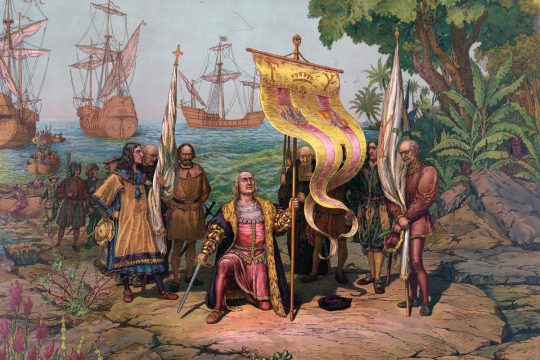Chad, which holds a presidential election on May 6, has been ruled by the same family for more than three decades.
Here are five key facts about the central African nation that was a key player in the French-backed G5 Sahel anti-jihadist alliance that is set to be wound up after 10 years.
- Shrivelling lake -
Chad is one of the homes of a fast-vanishing lake that once supplied water to millions of people in West Africa but has now shrunk by nine-tenths under the effects of climate change and population growth.
The Lake Chad region, which is at the confluence of Cameroon, Chad, Niger and Nigeria is a vital source of drinking water, irrigation and fishing for people in the semi-arid Sahel region.
Its shrinkage in the face of an encroaching Sahara desert has tipped millions of people into poverty, turning the area into a recruiting ground for jihadists including the infamous Nigerian-based Boko Haram group.
- Deby dynasty -
Chad has been ruled by the Deby clan for 33 years, starting in 1990 when army officer Idriss Deby Itno overthrew dictator Hissene Habre with the support of former colonial power France.
After ruling with an iron fist for 30 years, Deby died while en route to the front line to lead a battle against rebels in the country's north in April 2021.
His son, four-star General Mahamat Idriss Deby Itno, immediately took over at the head of a military regime.
He had promised to hand power back to a civilian government within 18 months and vowed not to run for president.
But in March he announced his candidacy for the presidency. The authorities have banned 10 opposition candidates from running.
- 'Africa's Pinochet' -
Hissene Habre's 1982-1990 dictatorship marked one of the darkest chapters in Chad's history.
More than 40,000 people are thought to have been murdered under "Africa's Pinochet", over a period marked by the torching of villages of rival ethnic groups and torture and execution of dissenters.
After his overthrow, Habre fled to Senegal, where he was eventually arrested in 2013 and sentenced to life imprisonment for war crimes and crimes against humanity in a landmark trial.
He died of Covid-19 in jail in 2021.
- Oldest hominid -
A skull found in Chad in 2001 is considered by some palaeontologists to be that of the oldest known representative of humanity.
Nicknamed "Toumai", the nearly complete cranium of the Sahelanthropus tchadensis species is around seven million years old, nearly four million years older than "Lucy", the famous Australopithecus afarensis discovered in Ethiopia in 1974.
- Film glory -
A lone voice from Chad on the international film circuit, Mahamat-Saleh Haroun has won plaudits worldwide for his portrayal of life in his homeland.
The filmmaker, who briefly served as Chadian culture minister in 2017-2018, won a prize at the Venice film festival for "Dry Season", his 2006 story of a teenager out to seek revenge for his father's murder at the hands of a war criminal.
He also won a nod at the 2010 Cannes film festival with "A Screaming Man" and directed a well-received documentary about Habre's torture chambers.


